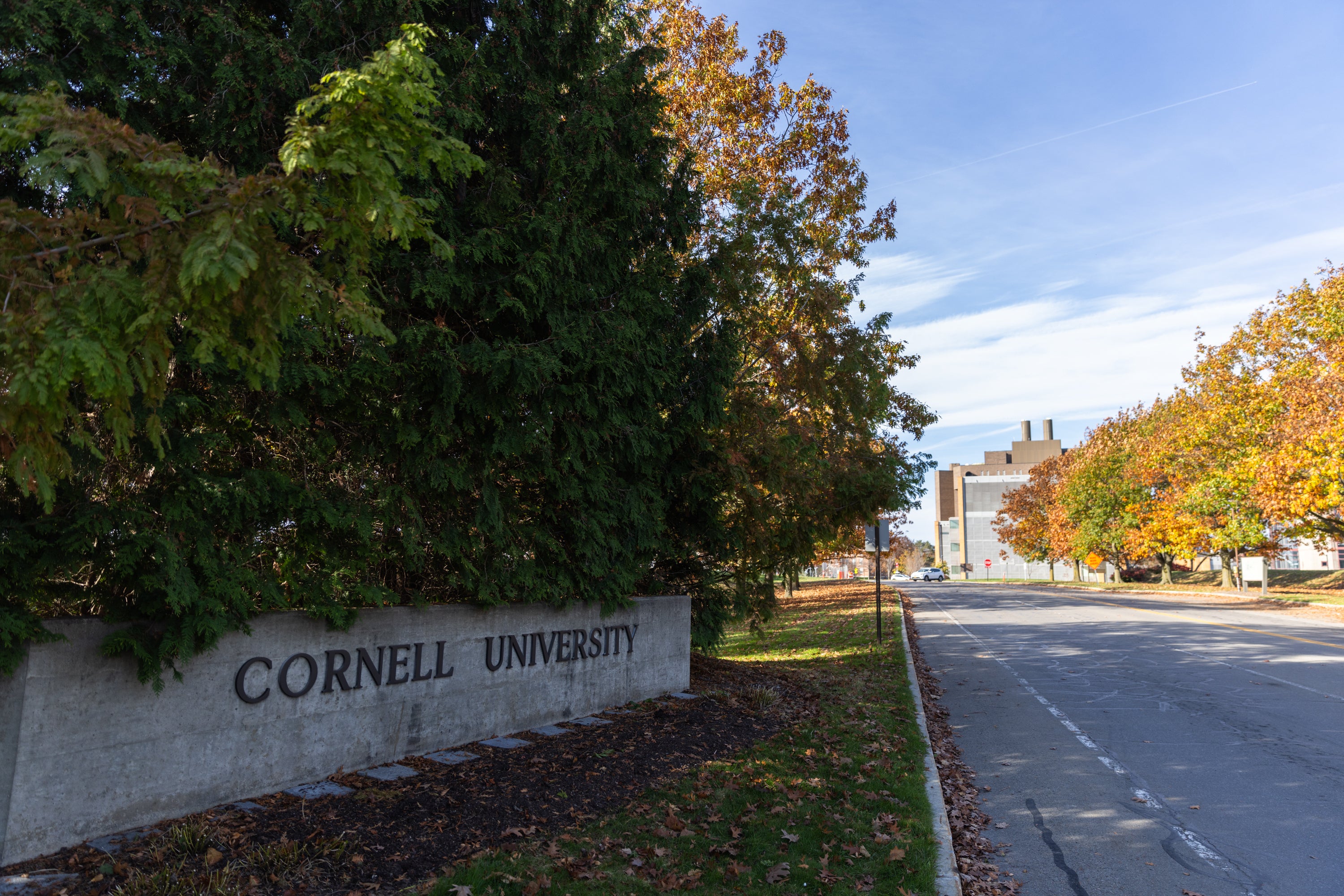Your support helps us to tell the story
From reproductive rights to climate change to Big Tech, The Independent is on the ground when the story is developing. Whether it’s investigating the financials of Elon Musk’s pro-Trump PAC or producing our latest documentary, ‘The A Word’, which shines a light on the American women fighting for reproductive rights, we know how important it is to parse out the facts from the messaging.
At such a critical moment in US history, we need reporters on the ground. Your donation allows us to keep sending journalists to speak to both sides of the story.
The Independent is trusted by Americans across the entire political spectrum. And unlike many other quality news outlets, we choose not to lock Americans out of our reporting and analysis with paywalls. We believe quality journalism should be available to everyone, paid for by those who can afford it.
Your support makes all the difference.
President Donald Trump’s administration has halted funding for a team researching how to help infants with heart defects.
Dr. James Antaki, a professor of biomedical engineering at Cornell University, tells NBC News that the Department of Defense has cancelled a $6.7 million grant that would allow him to continue researching PediaFlow, a device that could boost blood flow in infants with heart defects.
Antaki’s device, which he began developing in 2003, is the size of an AA battery and helps increase blood flow to babies born with a hole between the chambers of their heart. The device helps babies survive until they have surgery or receive a donated heart.
The agency sent him a stop-work order on April 8 and withdrew the grant, which would have been distributed over four years. The notice, which came one month after the grant was first approved, said the withdrawal was at “the direction of the Administration.”
Antaki’s three decades of research on the subject are now in jeopardy, he told NBC News. If funding isn’t restored within three months, his lab will need to lay off staff, and the PhD students involved will have to find a new area of research.
“I feel that it’s my calling in life to complete this project,” he said. “Once a week, I go through this mental process of, ‘Is it time to give up?’ But it is not my prerogative to give up.”
Compared to the federal government’s budget, Antaki says this grant is a “small amount of money that could do so much good for so many people.”
“It’s just the right thing to do,” he told NBC News. “It just it kind of speaks for itself.”
Dr. Evan Zahn, a pediatric interventional cardiologist at Cedars-Sinai Medical Center who isn’t involved in Antaki’s research, said the loss of funding is a major blow to pediatric research.
“Technology specifically designed for our children, particularly babies across the board, is desperately needed, so losing funding for something like that is a real loss,” he told NBC News.

This comes after the Trump administration shut down the office responsible for leading the Safe to Sleep campaign, which provided education on safe sleep practices for infants, NPR reports.
When the campaign was first launched in 1994, the number of infant deaths decreased by 50 percent and it has subsequently saved thousands of infants’ lives, pediatrician Dr. Rachel Moon told NPR.
These cuts, which are part of Trump’s directive to downsize the federal government, come as the administration claims to support new parents and says it even wants to financially incentivize Americans to have more children.
The president recently floated the idea of a $5,000 “baby bonus” for new parents, while the White House has reportedly fielded proposals to bestow a “National Medal of Motherhood” to mothers with six or more children.
















Leave a Reply